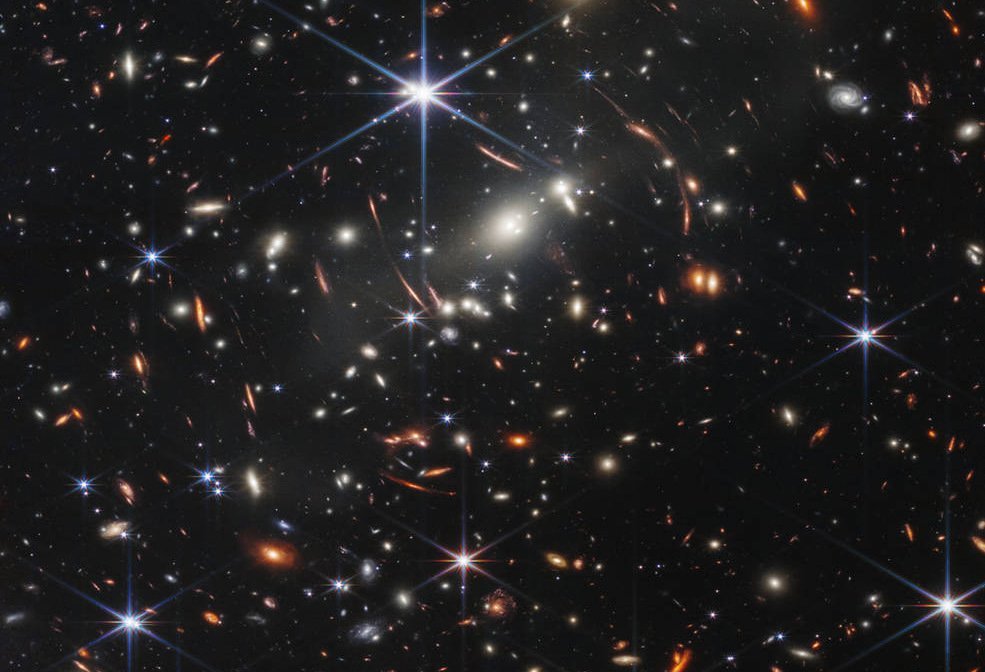Our comprehension of the universe, no matter how advanced, still grapples with numerous paradoxes.
Enter a novel proposition that could potentially provide answers: the notion of a ‘mirror universe’.

According to Neil Turok, a theoretical physicist at the University of Edinburgh, there might be a mirror version of our universe that existed before the Big Bang, playing out backwards in time.
At first glance, this concept seems bewildering, but it offers a simpler explanation for many cosmic mysteries compared to more convoluted theories like cosmic inflation and string theory.
Turok provides insight into his findings as published in the Annals of Physics, suggesting that the Big Bang could be perceived as a mirror, which clarifies several cosmic features that might otherwise appear puzzling.
The universe is believed to adhere to CPT symmetry, where every charge, parity, and time reversal exists, meaning each particle should have an anti-particle with the opposite charge, space reflects inversions, and time can theoretically move backward. Yet, our observation states otherwise—time strictly moves forward, and particles far outnumber anti-particles.
This asymmetry perplexes scientists, so Turok’s mirror universe hypothesis seeks to restore balance. He compares this cosmic symmetry to seeing one’s reflection; together, you and your reflection are more symmetrical than alone.
Backward extrapolation through time uncovers a pre-Big Bang mirror universe where time flows in reverse and antiparticles are dominant.
This could help unravel the enigma of dark matter—85% of the universe’s mass remains unseen and unexplained.
Here, right-handed neutrinos, which haven’t been observed yet, would exist in the mirror universe.
Moreover, the mirror hypothesis could also elucidate why the universe appears flat and uniformly stretched.
While the inflation theory suggests a rapid expansion post-Big Bang that we haven’t witnessed, a mirror universe argues for a slower, steadier instance.
Of course, the proposal is still in its early stages, demanding extensive scrutiny before validation.
But as Neil Turok points out, even if ultimately rejected, the mirror universe indicates that there might be more straightforward explanations beyond our current cosmological models.
